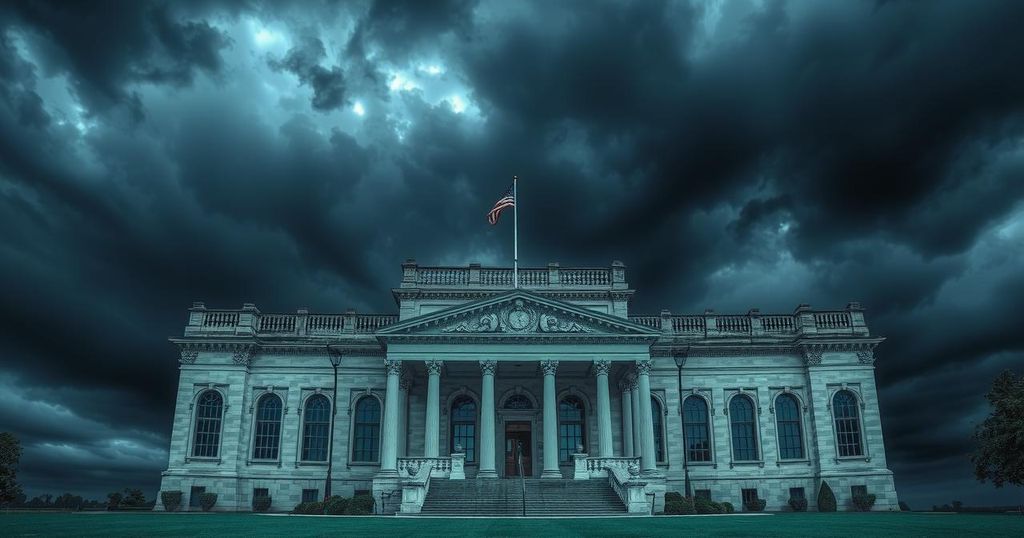Iran’s President Pezeshkian has ruled out negotiations with Trump under threats, stating he will not engage. Trump is reinstating maximum pressure on Iran, potentially affecting oil exports. Consequently, WTI crude prices remain responsive amid these geopolitical tensions.
Iranian President Masoud Pezeshkian has expressed his firm stance against negotiating with U.S. President Donald Trump, declaring that he “won’t even negotiate” under conditions of threat. He emphasized Trump’s freedom to “do whatever the hell you want,” indicating a lack of willingness to engage in discussions. This stance complicates prospects for a potential nuclear deal between the two nations.
President Trump has decided to reinstate the policy of “maximum pressure” on Iran, which includes a strategy aimed at reducing Iranian oil revenue. The extent of this pressure remains uncertain, particularly concerning the approximate 2 million barrels per day exported by Iran. Recent reports indicate that the U.S. is contemplating actions that may disrupt Iranian oil tankers at sea; however, these measures are aimed at interrupting deliveries rather than sinking or capturing ships.
In the immediate market reaction, West Texas Intermediate (WTI) crude oil prices have experienced some fluctuations. Currently, WTI has retraced slightly but remains positive, trading at $66.34 with an increase of 30 cents. The developments in the U.S.–Iran relations continue to influence market dynamics significantly.
In summary, the Iranian President’s refusal to negotiate under threat complicates diplomatic relations with the United States. President Trump continues to apply pressure on Iran by cutting oil revenues, with the potential for additional actions targeted at Iranian oil tankers. The market reflects these tensions, as indicated by fluctuations in oil prices.
Original Source: www.forexlive.com






